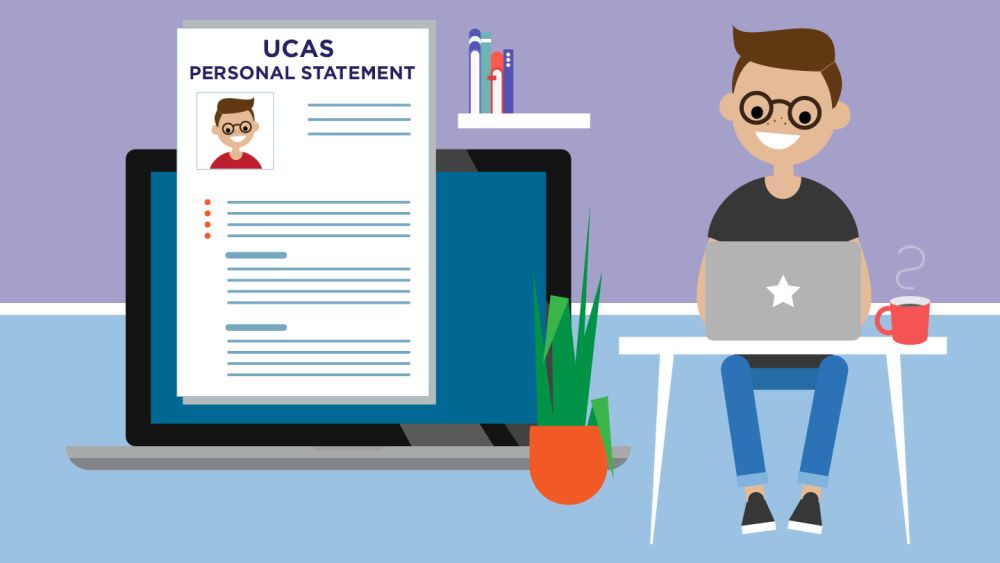9 Things To Include In Your UCAS Personal Statement
Monday 30th March 2020

Need to write your personal statement? Here is some advice from UCAS.
To apply for a course, you'll need to complete a personal statement in a maximum of 4,000 characters of text. It is your opportunity to sell yourself to your prospective college or university; to describe the ambitions, skills and experience that will make you right for your choices.
Write about the course
- Why are you applying for your chosen course(s)?
- Why does this subject interest you?
- Why do you think you're suitable for the course(s)?
- Do your current or previous studies relate to the course(s) that you have chosen?
- Have you taken part in any other activities that demonstrate your interest in the course(s)?
Write about your skills and achievements
- Universities like to know the skills you have that will help you on the course, or generally with life at university. List these skills here and any supporting evidence to back up why you are so excited about the courses you have chosen.
- Include any other achievements you’re proud of, positions of responsibility that you hold or have held both in and out of school, and attributes that make you interesting, special or unique.
Write about your work experience and future plans
- Include details of jobs, placements, work experience or voluntary work, particularly if it's relevant to your chosen course(s). Try to link any experience to skills or qualities related to the course.
- If you know what you’d like to do after completing the course, explain how you want to use the knowledge and experience that you gain.
Dos when writing your personal statement
- Do use your best English and don’t let spelling and grammatical errors spoil your statement.
- Do show that you know your strengths and can outline your ideas clearly.
- Do be enthusiastic – if you show your interest in the course, it may help you get a place.
- Do expect to produce several drafts of your personal statement before being totally happy with it.
- Do ask people you trust for their feedback.
Don’ts when writing your personal statement
- Don’t exaggerate – if you do you may get caught out at interview when asked to elaborate on an interesting achievement.
- Don’t rely on a spellchecker as it will not pick up everything – proofread as many times as possible.
- Don’t leave it to the last minute – your statement will seem rushed and important information could be left out.
If you want to know what you can say about yourself, ask your tutor, parents/carers and friends. If you are a Loughborough College learner and want to have your statement checked, email it to: careers@loucoll.ac.uk.
Despite the Coronavirus, careers information, advice and guidance is still available at Loughborough College, just via email, rather than face to face.
You can contact Careers on: careers@loucoll.ac.uk and ask for assistance with choosing a career; choosing a course for next year at college, university or another training provider; writing a CV or personal statement; applying for a job or apprenticeship; planning a gap year; or anything else related to your future study or employment. We are here to help you to progress.
Loughborough College Careers.

